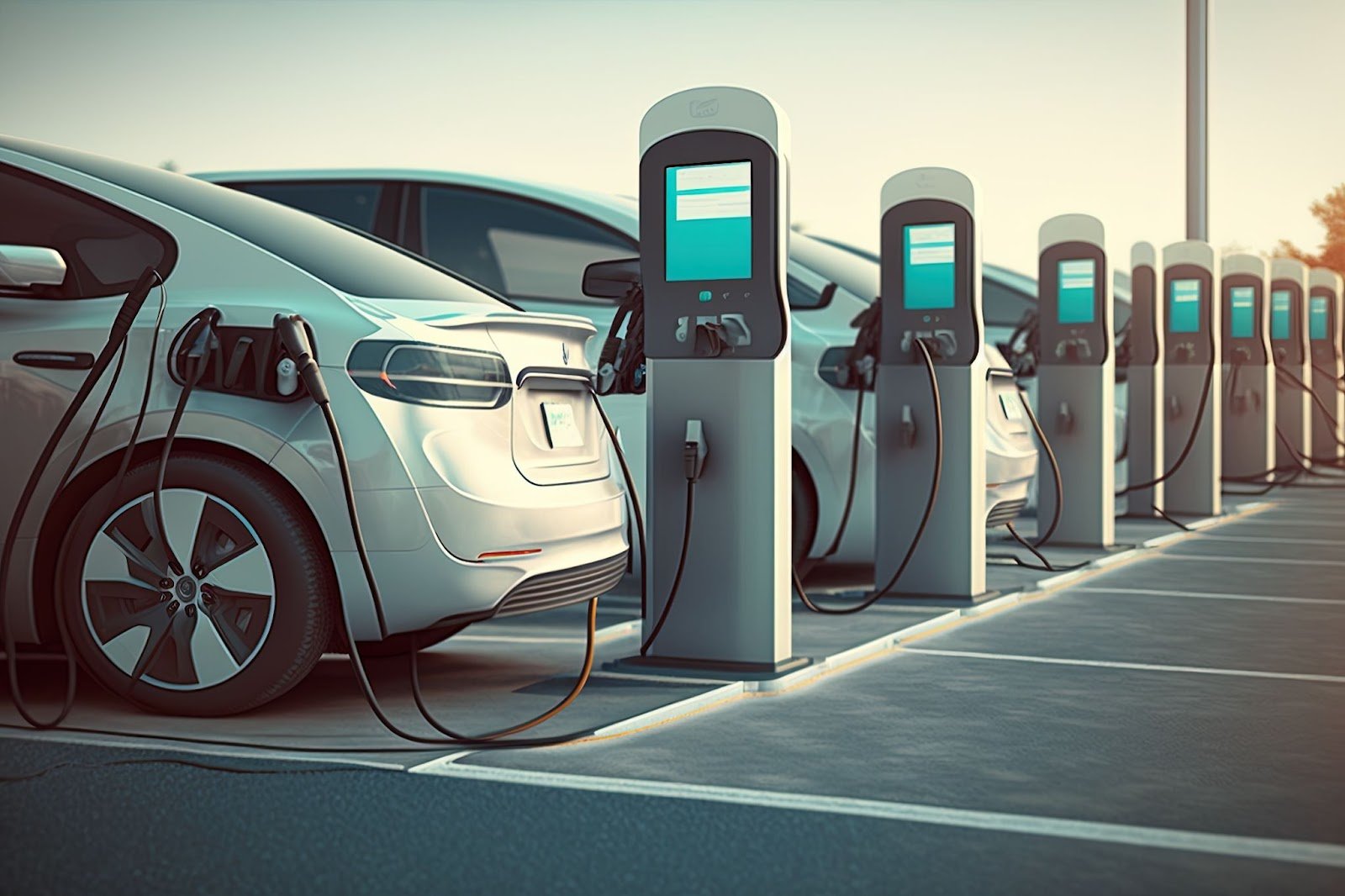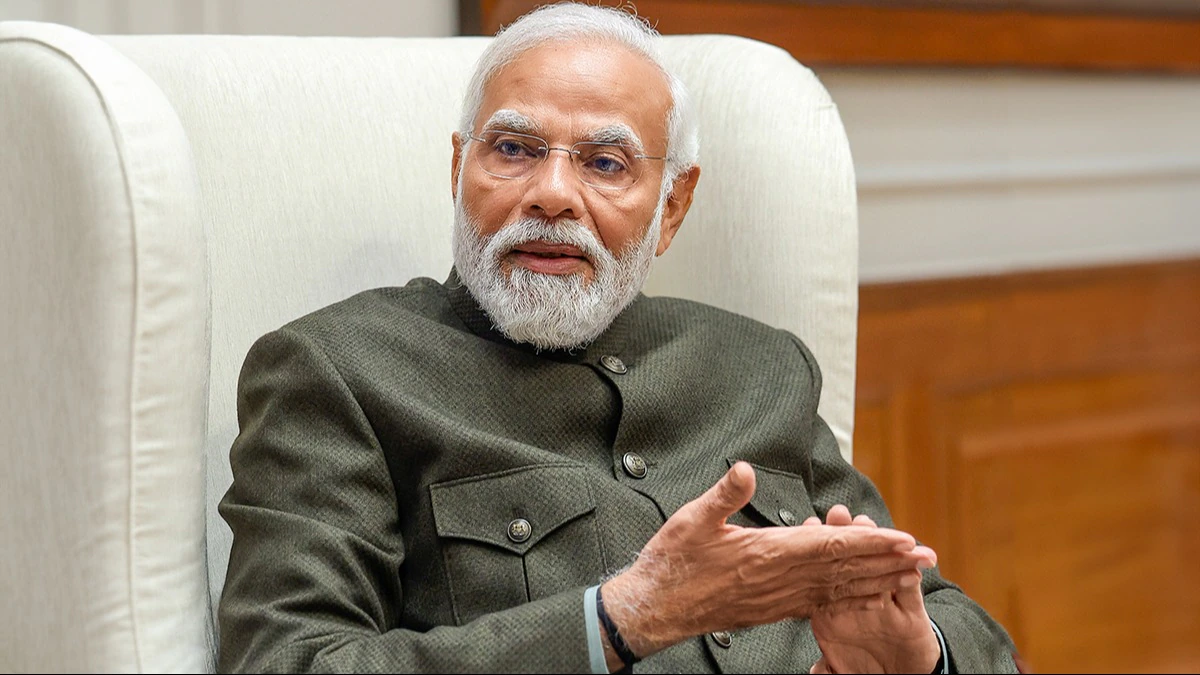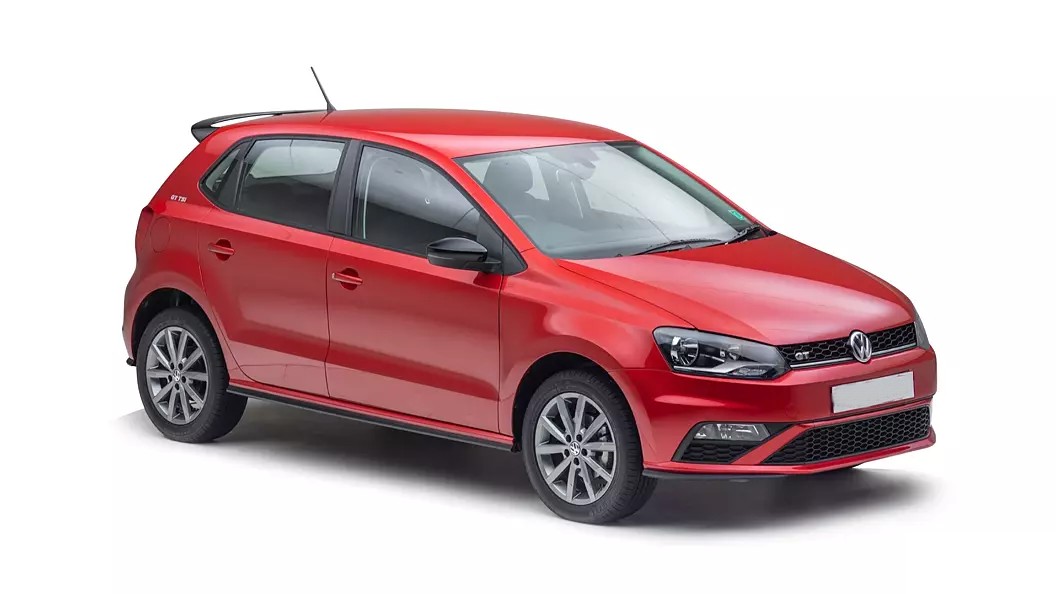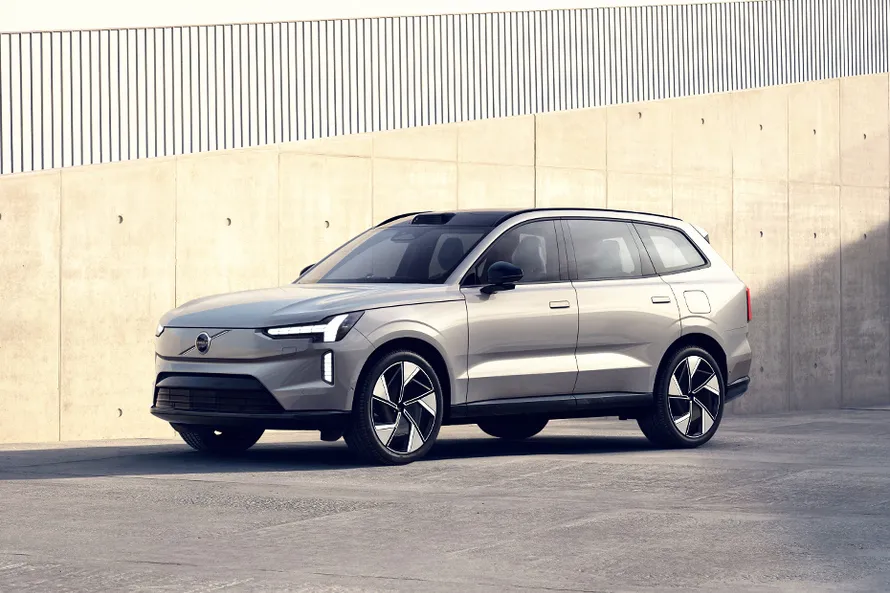To Avoid Becoming Overly Dependent On China, India Should Let Its Electric Vehicle (EV) Industry Grow Naturally And Develop Its Own Strengths.
2024-09-08 07:40:15

"Considering these challenges, instead of rushing into the fray with heavy incentives or falling into dependence on Chinese imports, India has the opportunity to let its EV sector evolve naturally. By allowing market forces to steer the sector's growth, India can avoid becoming an 'EV colony' for China and carve out its own path in the global EV landscape," it added.
The GTRI suggested that India should aim to lead in the next stage of electric vehicle development.
The GTRI suggested that India should focus on capturing leadership in the next phase of EVs.
“The government should allow the domestic electric vehicle sector to grow naturally without relying on incentives as it would avoid India becoming an 'EV colony' for China, think tank GTRI said on Friday. India faces unique challenges not faced by other countries in adopting EVs (electric vehicles) at large scale,” it added.
“These challenges include 80 % of electricity generated from fossil fuels like coal, frequent power cuts, and dependency on imports for making EVs in the country like batteries and critical minerals,” the Global Trade Research Initiative (GTRI) said.
"Considering these challenges, instead of rushing into the fray with heavy incentives or falling into dependence on Chinese imports, India has the opportunity to let its EV sector evolve naturally. By allowing market forces to steer the sector's growth, India can avoid becoming an 'EV colony' for China and carve out its own path in the global EV landscape," it added.
It also said that the global electric vehicle market is changing dramatically because the US, EU, and Canada are imposing high tariffs and restrictions on EVs and parts coming from China.
These regions account for about half of China's global electric vehicle exports. As a strategic shift, China is moving its production to ASEAN countries and focusing more on India.
"These production units would still depend heavily on imports from China, with 70-80 % of parts, including batteries, coming from there. Thailand, the first to allow local production by Chinese firms, is already facing challenges with rising imports and complaints of lower sales from established manufacturers," GTRI founder Ajay Srivastava said.
He added that “there is also a risk that China might dump excess EVs in India as access to developed markets becomes tougher.”
The GTRI suggested that India should aim to lead in the next phase of electric vehicles by using a new generation of batteries.
The GTRI also mentioned that increasing investment in research and development for advanced battery technologies, improving battery recycling infrastructure, and supporting clean energy sources for EV charging stations are key steps to boost the growth of the sector.
Hi-Tech Gears Chairman Deep Kapuria said the global electric vehicle market is about to experience more turbulence and structural changes, as the sector is seeing various trends that are driving its growth.
"Firstly, many countries (developed and developing) are offering subsidies, tax benefits, and other incentives to encourage consumers to switch to electric cars. Secondly, the macroeconomic factors, such as the availability of critical minerals like lithium, cobalt, and nickel, essential for battery production, can positively impact the growth of the EV industry," Kapuria said.




















